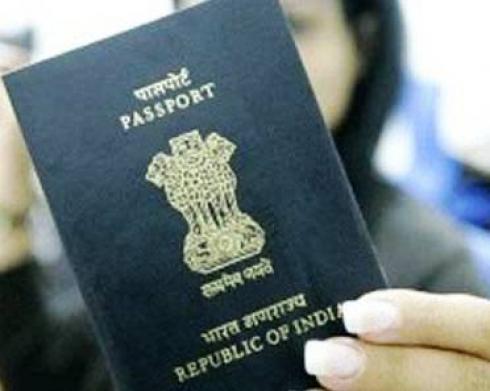Javaid Naikoo
SRINAGAR, May 22: When Abdul Hamid Sheikh decided to contest the panchayat polls last year it had to be a conscious decision. And when the former militant who had once fought the mammoth Indian military became a Sarpanch (village head), he thought his loyalties had changed for good.
But no sooner had Sheikh become the local head of Deepora village in Shopian district of South Kashmir than he knew his previous allegiances hadn’t slipped into oblivion completely.
The authorities refused to clear his name for a passport, which he wanted for going on a Haj pilgrimage to Mecca, citing his previous militant links as the reason.
“It is really astonishing that even when I have solely accepted the Indian constitution and take part in developmental activities I cannot obtain an Indian passport,” Sheikh says.
“The same Government that I serve is denying me my passport.”
Sheikh is one among thousands of people-former guerillas and families of their dead colleagues-who have been denied passports for travel to other places or the Haj pilgrimage for reasons that they or any of their extended family have taken been part in the rebellion in Kashmir.
An investigating officer not wishing to be named says, “At the time of verification of anybody’s passport for any purpose we are directed to verify the antecedents and political affiliations of the person beside their character and profession.”
However, the passport authorities also take into consideration any far relative that has been involved in actions which were considered to be against the law.
The Chief Minister Omar Abdullah has many a time in the past intervened and ordered that the passports of relatives of militants should not be withheld.
“But unless such orders are given officially, obtaining a passport will remain an irksome process for the majority of such people,” says the officer.
Accusing the authorities of having double standards, Muhammad Yaseen says the strict verification rules are prejudiced only “against the poorer of the lot”. His family and he have been denied passports even years after his son, a militant, died during a gunfight with the security forces.
“When my passport is stopped even that my son is dead, why are not the influential families of separatists measured with the same rod when it comes to issuing one to them?” Yaseen says.
“How are they more Indian than us?”











